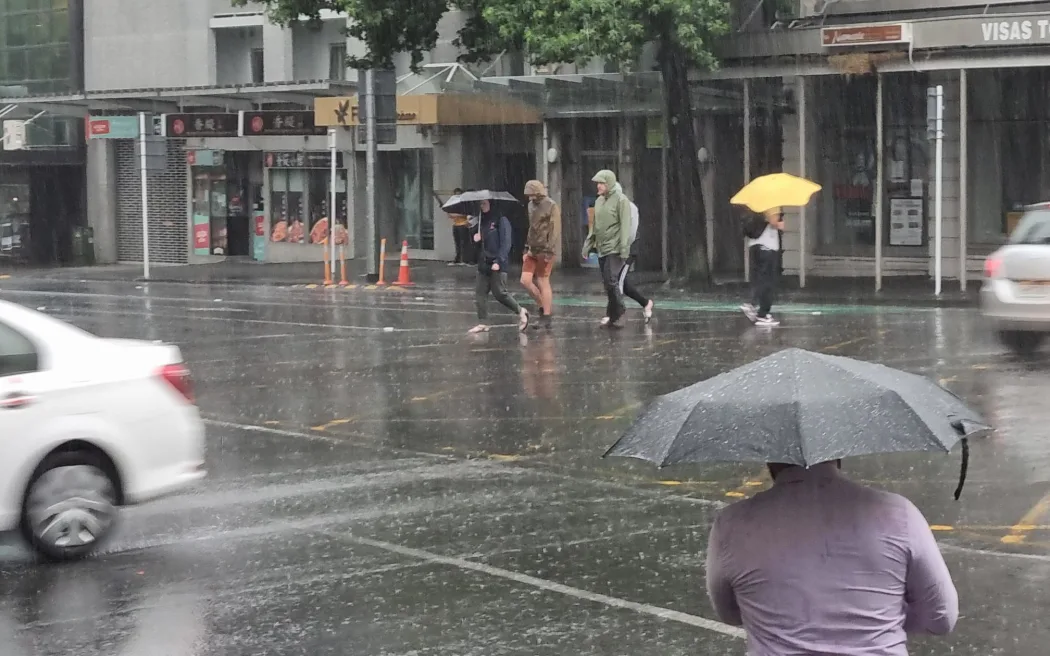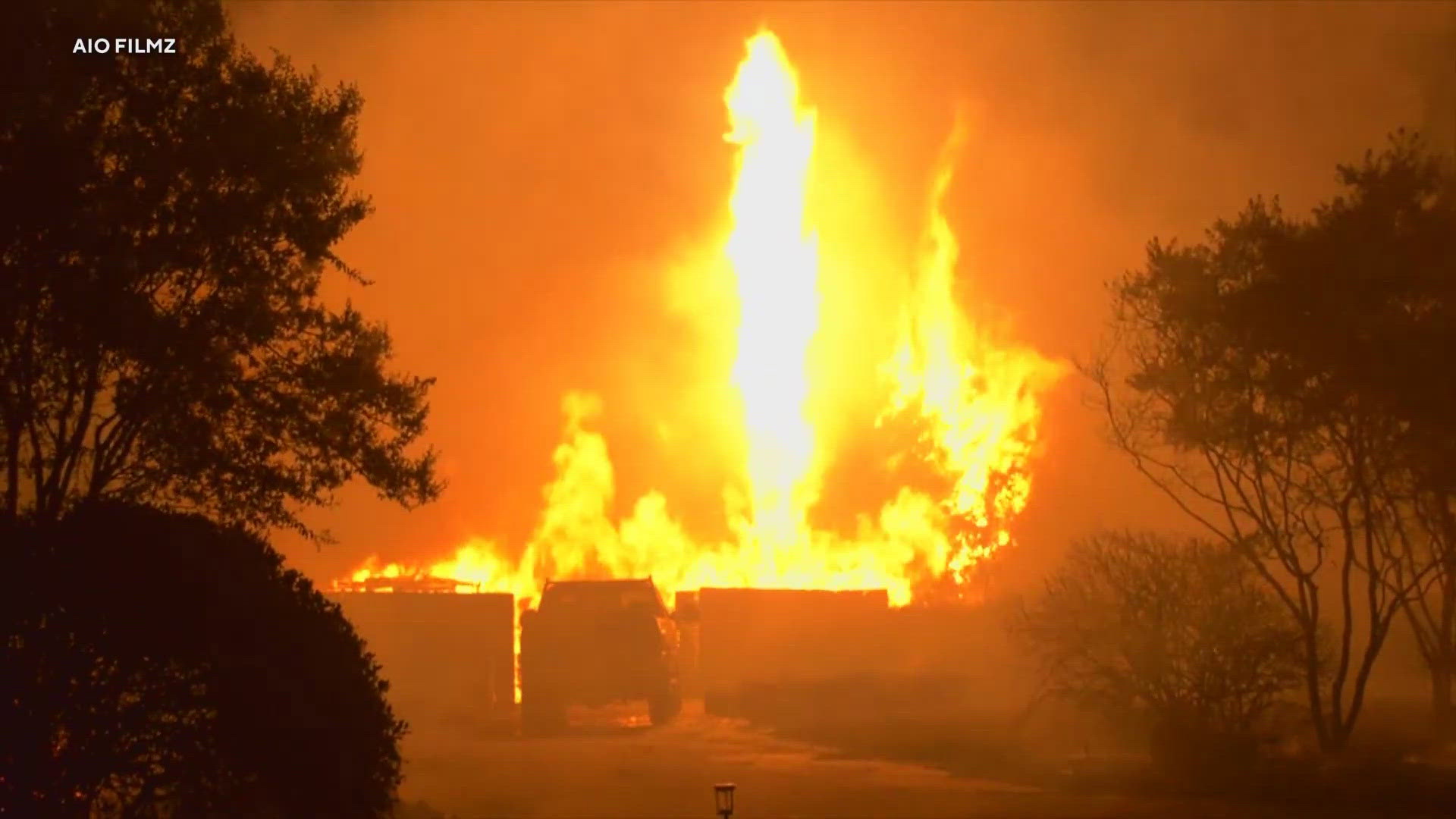The world is nowhere near ready for the “calamity” being caused by climate change and must urgently prepare for even worse in the future, UN Secretary General Antonio Guterres said Thursday.
Global efforts to adapt to climate change — from building defensive sea walls to planting drought-resistant crops — have not kept pace as global warming accelerates the frequency and intensity of disasters.
Floods, fires and other climate shocks have affected nearly every continent in a year the EU climate monitor says is almost certain to be the hottest ever recorded.
The amount of money going to poorer countries for adaptation measures was barely one-tenth of what they needed to disaster-proof their vulnerable economies, the UN Environment Programme (UNEP) said in a new assessment looking at 2022, the latest year for which data is available.
“Climate calamity is the new reality. And we’re not keeping up,” said Guterres at the launch of UNEP’s annual Adaptation Gap Report.
Rich nations are under pressure at this month’s UN COP29 summit to substantially increase the $100 billion they pledged for climate action in developing countries, including for adaptation.
But some donor governments are under fiscal and political pressure, and major new commitments of public money are not expected at the conference in Azerbaijan.
A UN biodiversity meeting this month failed to reach a funding agreement and the election of Donald Trump — who opposes global climate cooperation — hangs over COP29.
No one immune
Most of the public money committed to climate change goes to reducing planet-warming emissions, not adapting to its long-term consequences.
Some $28 billion in public finance was paid to developing countries for climate adaptation in 2022.
This was an increase on the year prior, but still a drop in the ocean: UNEP estimates between $215 billion and $387 billion is needed annually for adaptation in developing countries.
Rich countries had pledged to double the amount by 2025 to roughly $40 billion a year but even this would leave an “extremely large” adaptation funding gap, UNEP said.
Climate disasters hit poorest communities hardest but the cost of inaction was no longer borne by them alone, said Patrick Verkooijen, CEO of the Global Center on Adaptation.
“From rising seas and extreme heat waves to relentless droughts and floods, the impacts of climate change now reach every corner of the globe. No nation, no community is immune,” he said in a statement.
Spanish authorities were accused of being inadequately prepared when a major storm brought flooding that killed over 200 people last month.
Climate scientists say that global warming is fuelling more frequent and severe extreme weather.
“We can’t postpone protection. We must adapt — now,” Guterres said.
AFP










